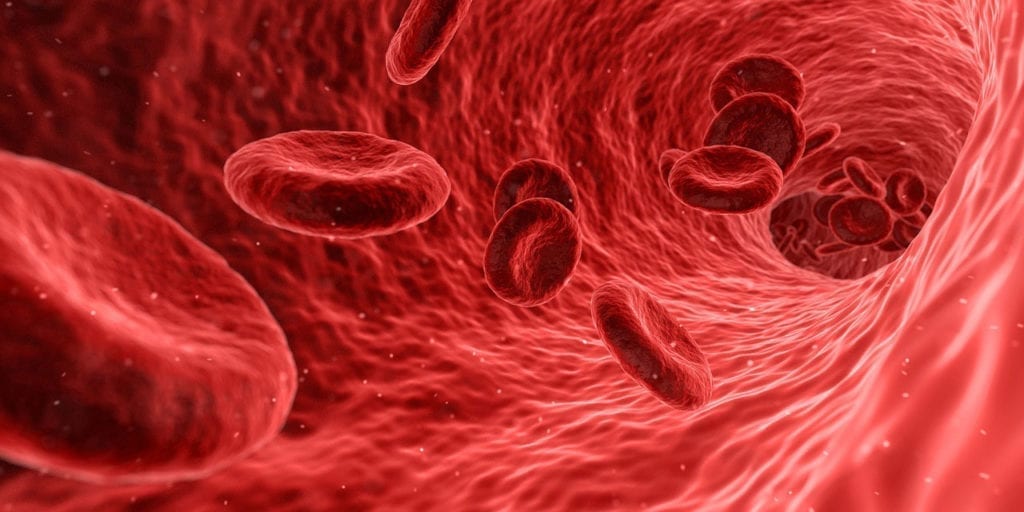We’ve all heard of the common symptoms of COVID-19 infection: fever, body aches, loss of taste and smell, and a dry and persistent cough. But according to Stat News, doctors are now seeing something else in patients – the development of small, clustered, and widespread blood clots in lungs, kidneys, and blood vessels. In fact, it now seems that blood clots and COVID-19 are happening in tandem.
Doctors note that these blood clots are forming in patients with the most severe COVID-19 symptoms. But what does that tell doctors about the virus, and how will it inform treatment moving forward?
Blood Clots and COVID-19
Dr. Clyde Yancy notes that while there seems to be a connection between damaging blood clots and COVID-19, most doctors are still trying to nail down information on the virus. He says:
“This is a real-time learning experience.”
Generally, blood clots commonly occur in patients who are immobile or unable to get proper circulation. However, the blood clots in COVID-19 patients are different: smaller, more clustered, more widespread, and more severe. Because of where the blood clots are found, doctors believe they are a result of a severe immune response.
Some published data states that in China, 7 out of 10 patients with fatal COVID-19 were found to have small blood clots. As a comparison, around 1 to 100 patients who survived had blood clots. However, doctors are still unclear on why blood clots and COVID-19 relate, or how to stop it from happening.
Treating Blood Clots
Some doctors are looking to reduce the amount or development of blood clots through the use of tissue plasminogen activator (tPA). ScienceDirect describes tPA as:
a thrombolytic agent that breaks down blood clots to restore blood flow to the ischemic region of the brain and is the only FDA-approved drug available to treat ischemic stroke.
tPA is usually given to patients within hours of their stroke, which helps to reduce brain bleeding. The drug can also be used to treat heart attacks. So it makes sense that doctors are considering tPA, or blood thinners like heparin, to combat the development of blood clots.
However, there’s still one big issue. We need more treatments now, but we can’t know the risks or benefits until more research is done.
Current Anecdotal Evidence
Dr. Christopher Barrett’s case reports on 3 patients with COVID-19 showed somewhat inconsistent results. All 3 patients experienced a severe immune response, prompting respiratory failure. They were on ventilators. When given tPA, all three initially improved. However, only one patient exhibited sustained improvement and another later died.
Now, Barrett and his team are waiting for the FDA to grant them approval to run a randomized clinical trial on tPA. The group aims to understand the safety and efficacy of tPA treatment in patients who are not yet experiencing the severe response shown above. The trial would test the response of drugs vs. placebos, as well as the efficacy of different doses.






